Cost of living squeeze may be 'overblown'
Bills index compiled by Money Saving Expert suggests core costs are rising in line with wages
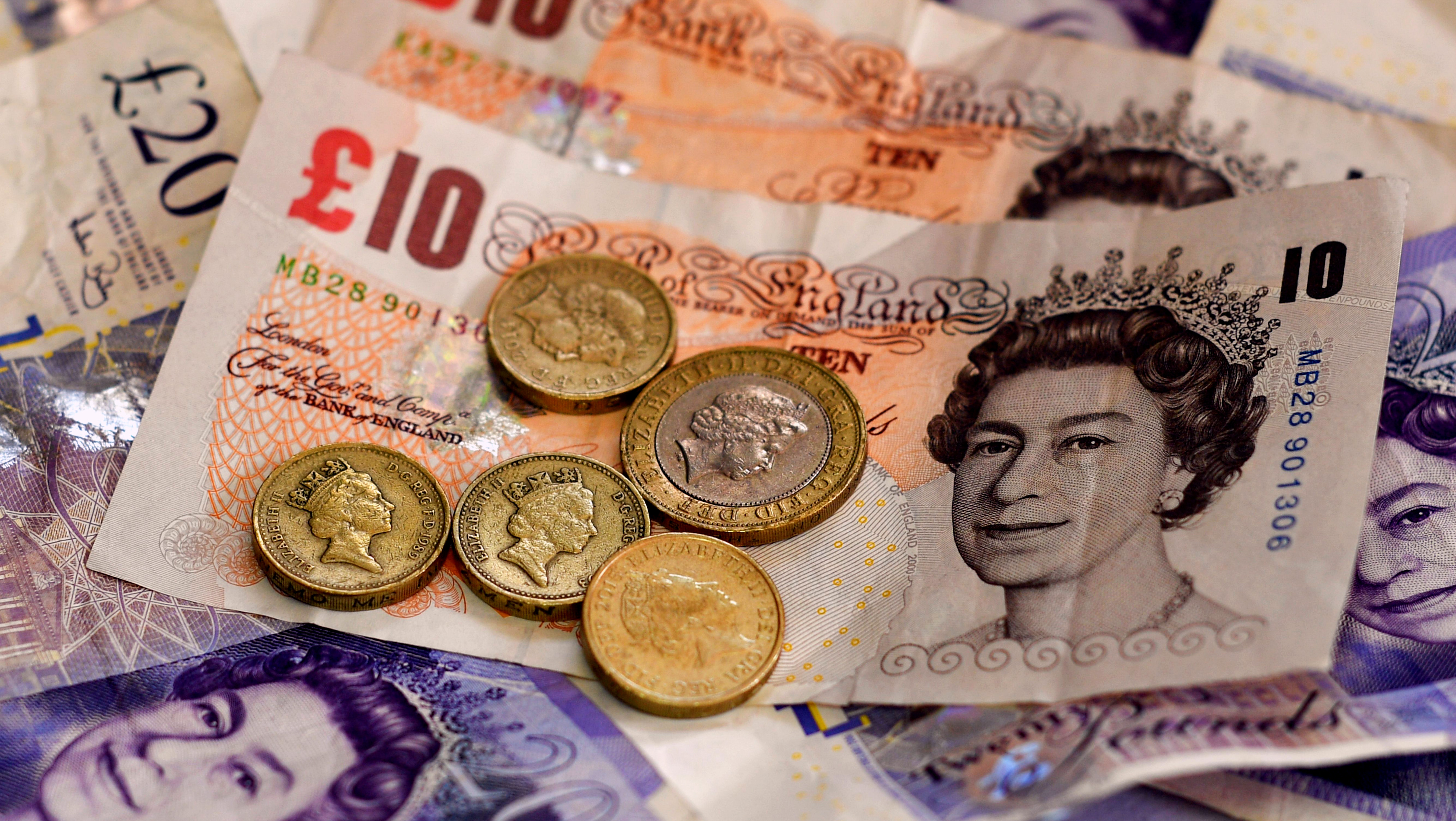
Pound jumps as inflation returns to Bank of England target
21 March
Higher-than-expected rise in consumer prices will fuel speculation of interest rate rise
Sterling was rebounding strongly this morning, up 0.8 per cent against the dollar at $1.245 following news that consumer prices are rising at a faster rate than expected.
The Week
Escape your echo chamber. Get the facts behind the news, plus analysis from multiple perspectives.

Sign up for The Week's Free Newsletters
From our morning news briefing to a weekly Good News Newsletter, get the best of The Week delivered directly to your inbox.
From our morning news briefing to a weekly Good News Newsletter, get the best of The Week delivered directly to your inbox.
Having increased from 1.3 per cent to 1.8 per cent in January, the consensus forecast was for prices to rise by an average of 2.1 per cent for the year to February.
However, reports The Guardian, the Office for National Statistics said this morning that inflation hit 2.3 per cent last month.
Consumer prices are now increasing at the fastest rate since September 2013 and picking up pace quicker than anticipated by analysts, who predict a peak of around three per cent this year.
Inflation is also now back above the Bank of England's target rate of two per cent.
A free daily email with the biggest news stories of the day – and the best features from TheWeek.com
Coupled with relatively bearish commentary following last week's meeting of the Monetary Policy Committee – the first with a split vote for several months – this will fuel speculation of an interest rate hike in the not-too-distant future.
The pound's jump sees it return to its starting point yesterday, before the government announced it will trigger Article 50 to start the Brexit process on Wednesday 29 March.
Sterling remains around 18 per cent down against the dollar on its pre-EU referendum level, a depreciation that is fuelling higher inflation as it increases import prices and input costs for manufacturers.
Today's inflation figures are the first to include housing in the headline measure for price rises, but the Guardian says food and fuel prices were mostly responsible for the increase.
There are concerns that the rise will squeeze real incomes amid sluggish wage growth, which could in turn hit consumer spending and hurt the wider economy.
The Office for National Statistics also released its monthly update of the UK's public borrowing figures, which confirmed the better-than-expected performance in recent months.
Britain's deficit in February was £1.8bn, well below the £3.2bn expected while the year-to-date borrowing total, having fallen by £20bn, is the lowest since before the financial crisis, says the Financial Times.
Supermarket inflation surges on weaker pound
8 March
Prices of household staples such as butter, fish and tea rise after Brexit hit to sterling.
Supermarket inflation doubled last month, with the cost of basics such as butter and tea rising sharply as the post-Brexit vote slump in the pound filters down into prices.
According to consumer consultancy Kantar Worldpanel, grocery inflation jumped to a near three-year high of 1.4 per cent in the 12 weeks to the end of February.
Butter prices rose 15.8 per cent over the period, while fish increased 8.8 per cent and the price of tea was up six per cent.
Rising food prices end a run of falling costs that began in September 2014 "as supermarket competition in the sector intensified and companies stepped up price wars", says The Guardian.
The figures underline fears that household budgets could come under extra pressure this year as a consequence of the UK leaving the EU.
At the same time, the Organisation for Economic Co-operation and Development (OECD) warns rising inflation will hit real incomes this year, making householders less willing to spend and consequently holding back growth in the UK's services-dominated economy.
Consumer price inflation, which is measured by the Office for National Statistics, is expected to rise to about three per cent from a current rate of 1.8 per cent, while wage growth is predicted to slow to around two per cent.
Inflation has meant that overall sales in the grocery sector rose in the past three months, Kantar added.
But as import prices have risen at a faster rate than consumer prices in many instances, most firms are unlikely to see any benefit on their bottom line.
Soaring inflation could push four million more families into poverty
15 February
Rising consumer prices set to reverse the recent trend of real wage increases could push four million more families into poverty, according to a new report.
The Joseph Rowntree Foundation predicts the cost of living could surge by ten per cent by 2020, while wages will not keep pace and tax credits and other working-age benefits are frozen, says The Guardian.
Inflation jumped to 1.8 per cent in January and could hit close to three per cent later this year as a slump in the pound since the Brexit vote bites.
At the same time, wage rises are expected to fall from around 2.8 per cent to around two per cent. Already, according to official data published today, pay growth fell to an average of 2.6 per cent in December.
While that will squeeze the income of the average worker, the effect will be worse who those who rely on stagnant benefits payments.
This comes after a period in which the number of families whose income is below the "minimum income threshold" (MIT) rose by around 25 per cent to 19 million.
MIT is set by experts at Loughborough University and while it depends on individual circumstances, in general it equates to around £17,300 for a single person renting a flat outside London, says the BBC.
"For a working couple with two children, living in social housing, each of the individuals need to earn £18,900 a year."
Four million more families fell below the threshold between the financial crisis in 2008 and the 2012/2013 financial year, before real wages started increasing again.
"Since then the growth in low income has stopped, but not reversed," says the Guardian.
Campbell Robb, chief executive of Joseph Rowntree Foundation, said the government should take action at next month's Budget, including a reduction in tax on low incomes and scrapping the freeze on benefits.
'Red light flashing' on inflation later this year
14 February
"A red light is flashing" on consumer price rises this year, says BBC personal finance reporter Simon Gompertz.
Official figures out today show the annual rate of inflation continued to pick up pace in January, hitting 1.8 per cent, its highest level since June 2014.
As that's up from 1.6 per cent and only just shy of the two per cent target rate for the Bank of England, the figure raises the prospect of a shift in monetary policy in the near future.
However, the increase is not the reason for Gompertz's red alert. Instead, he highlights the rise in input prices for producers, which is often a forerunner of inflation to come.
"The amount paid for materials and fuel by UK manufacturers… rose at an annual rate of 20.5 per cent in January, the fastest pace since September 2008 and a rapid pick up in pace from the 15.8 per cent figure seen in December," says the BBC.
It's all related to the Brexit vote in June, which pushed the value of pound down by around a fifth against the dollar and in the process hiked the cost of imported goods.
Factories are so far only passing on price rises of around 3.5 per cent to retailers, many of whom are taking the hit themselves for now. But pressure is clearly building.
The Bank of England predicts consumer price inflation will rise as high as 2.7 per cent this year.
Wage growth is currently running at 2.8 per cent, but employers surveyed by the bank and forecasters such as IHS Markit predict this will fall closer to two per cent in the run-up to the UK's exit from the European Union.
Consequently, real incomes could fall back into decline later this year.
January's inflation rise was caused in particular by the long period of deflation for food prices coming to an end and a sharp rise in fuel prices, with the slump in the pound amplifying underlying increases in the oil price.
Andrew Sentance, senior economic adviser at PwC, said: "The continued rise in inflation will squeeze consumer spending and dampen growth in 2017 and 2018."
Weak pound threatens UK's beer renaissance
31 January
Brexiters raising a pint of ale to toast the UK's impending departure from the EU "could be in for a sobering shock", says The Guardian.
Craft beers have enjoyed a remarkable turnaround in recent years, with more than 200 companies being set up each year. Research last October found there are now around 1,700 active breweries in the country.
However, Britain's top brewers told the Guardian that the weak pound, which has tumbled by close to a fifth against the dollar since the referendum last June, is putting the real ale revolution at risk.
Sterling's fall has sent the cost of importing ingredients and equipment soaring and drinkers are warned they may face price rises or be forced to switch to cheaper mass-market brands.
Unlike multinational beer companies, "which are not immune to the weak pound but spend relatively little on ingredients", craft brewers "scour the globe for the best hops and malt, often preferring overseas varieties", says the paper.
Gavin Hogg, managing director of Salcombe Brewery, said: "The Americans produce really good hop varieties and we don't in the UK, so we're at the whim and mercy of the exchange rate."
New breweries, which have yet to build up significant brand recognition or a loyal customer base, are said to be most at risk.
However, the devalued pound could prove a boon to farmers, who are seeing an increase in demand for their hops.
It is not only the breweries being hit: higher import costs are beginning to filter through to shoppers, with a number of big brand names following up Marmite-maker Unilever in passing on the impact to customers.
Yesterday, cereal-maker Weetabix warned it faces having to increase prices in the near future because wheat is priced in dollars, says the BBC.
Official figures showed inflation hit a two-and-a-half year high of 1.6 per cent last month and economists believe it could rise to as much as three per cent this year.
-
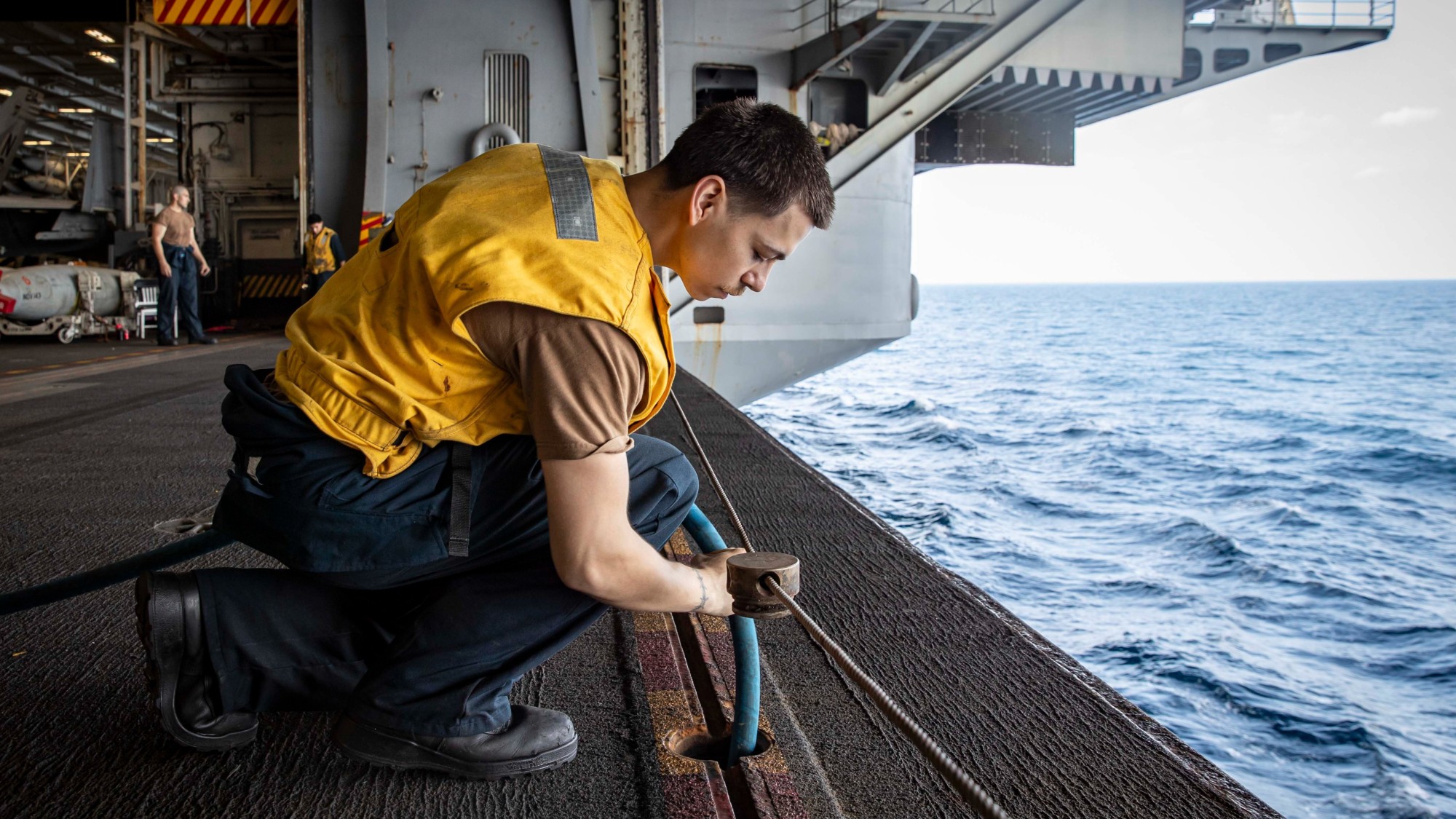 Quiz of The Week: 24 – 30 January
Quiz of The Week: 24 – 30 JanuaryQuiz Have you been paying attention to The Week’s news?
-
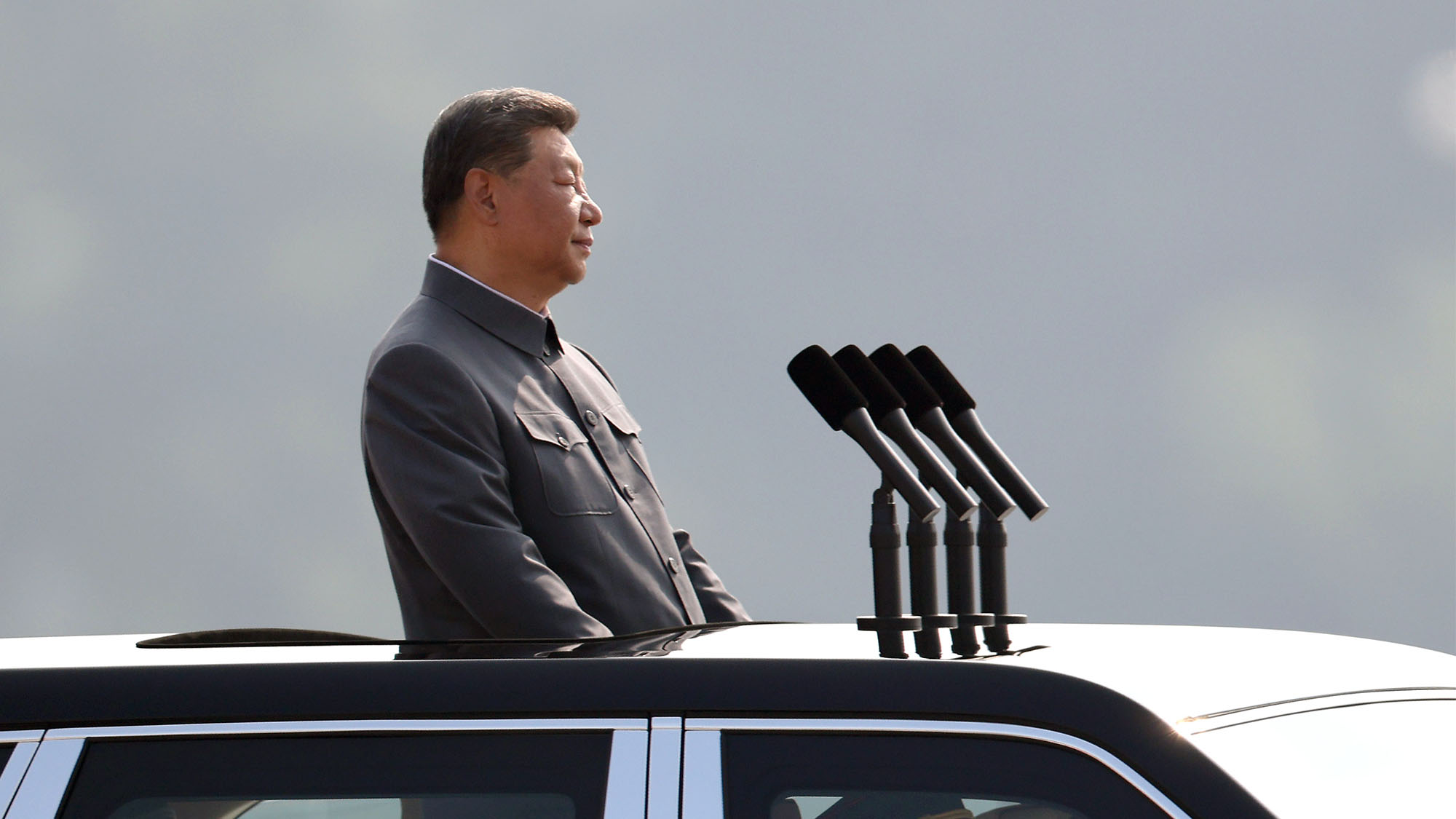 The Week Unwrapped: Why is China clearing out its generals?
The Week Unwrapped: Why is China clearing out its generals?Podcast Plus, can the Conservatives win back the centre? And what’s gone wrong with Britain’s hearing aids?
-
 The week’s best photos
The week’s best photosIn Pictures A Viking festival, an inky fingerprint, and more
-
 How your household budget could look in 2026
How your household budget could look in 2026The Explainer The government is trying to balance the nation’s books but energy bills and the cost of food could impact your finances
-
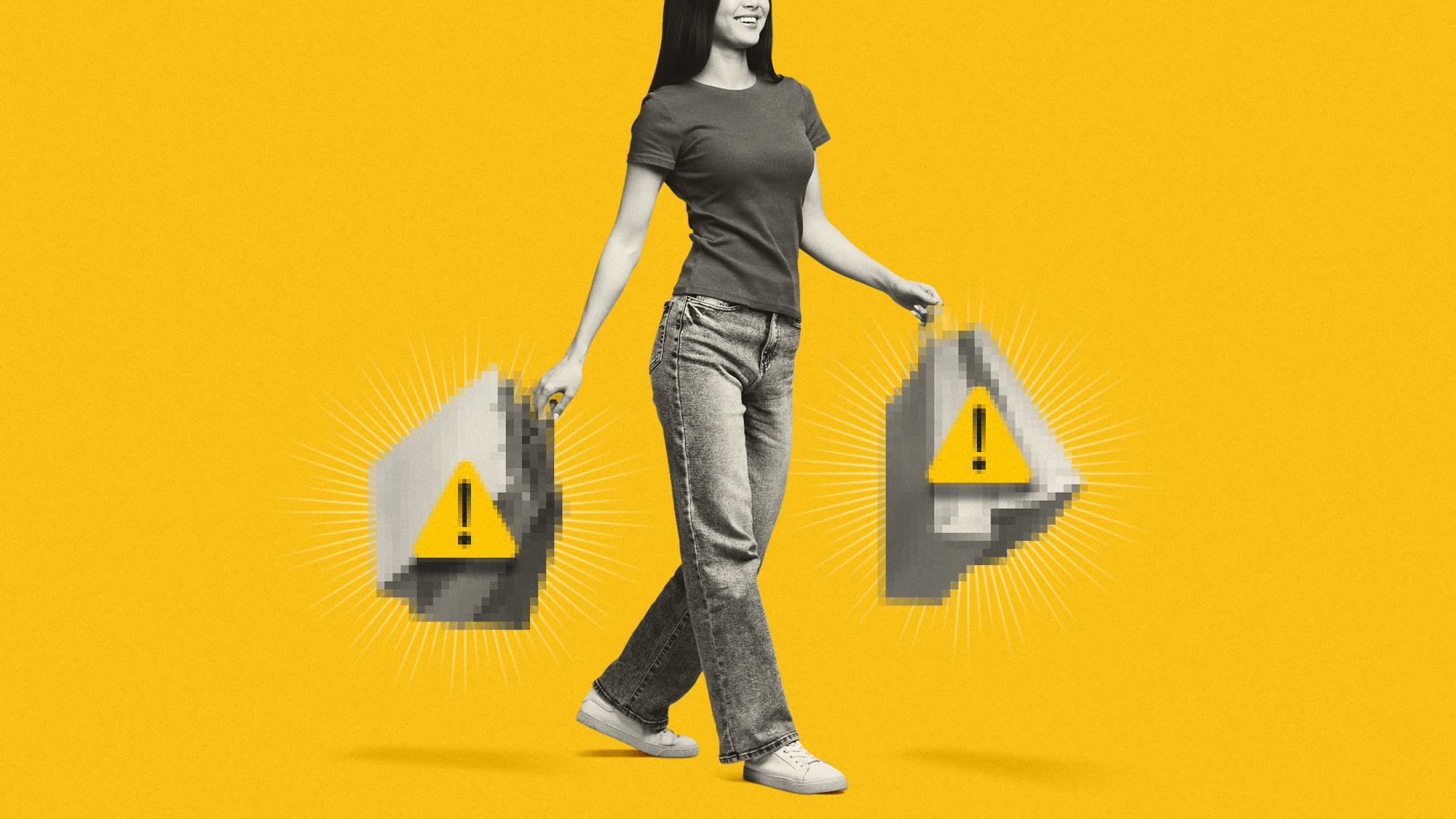 With economic uncertainty, 2025 looks to be a 'No Buy' year
With economic uncertainty, 2025 looks to be a 'No Buy' yearIn the spotlight Consumers are cutting back on splurges to combat overconsumption
-
 3 tips to lower your household bills
3 tips to lower your household billsThe Explainer Prices on everything from eggs to auto insurance to rent have increased — but there are ways to make your bills more manageable
-
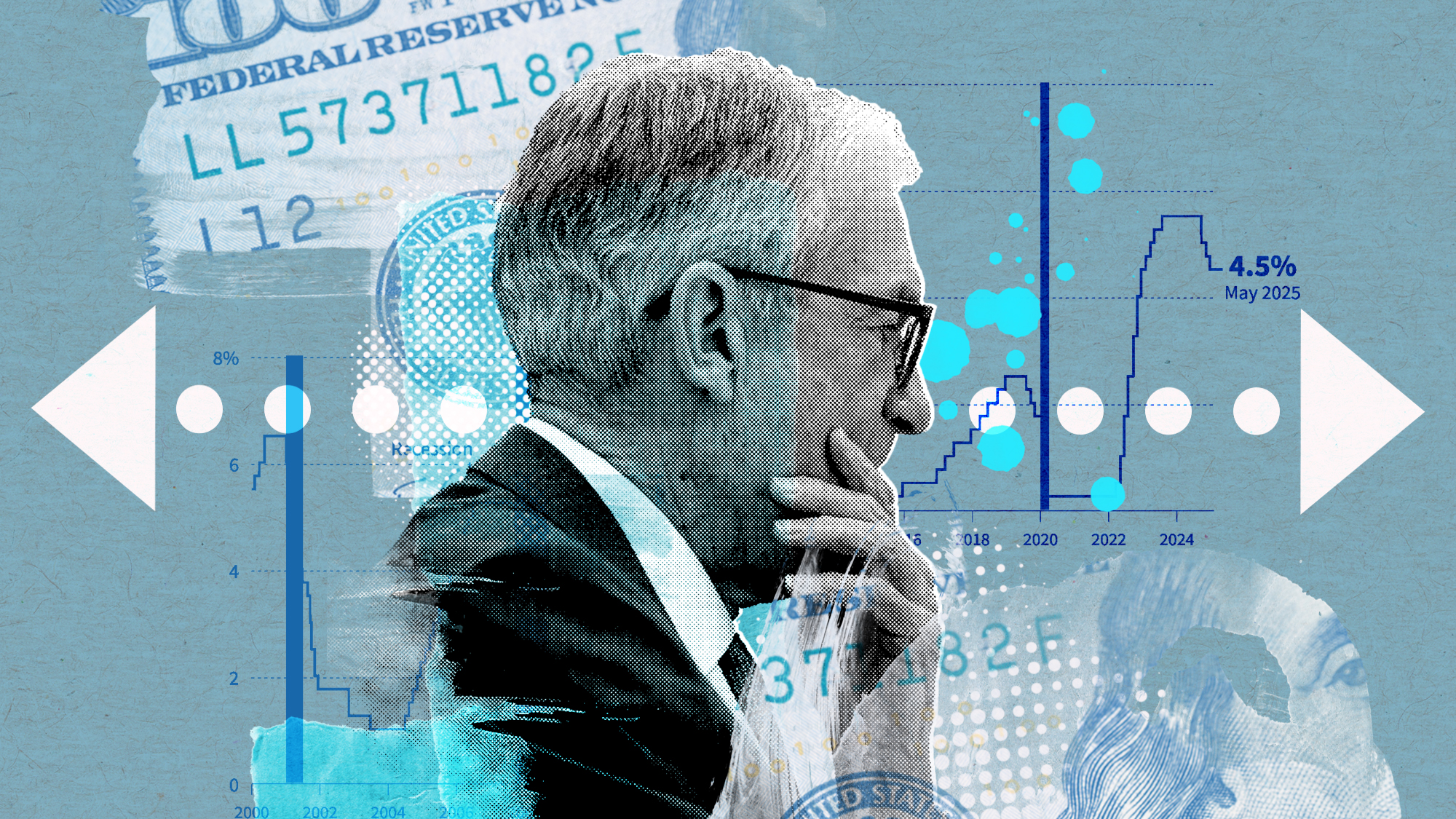 What's next for US interest rates?
What's next for US interest rates?The Explainer A pause after a series of cuts
-
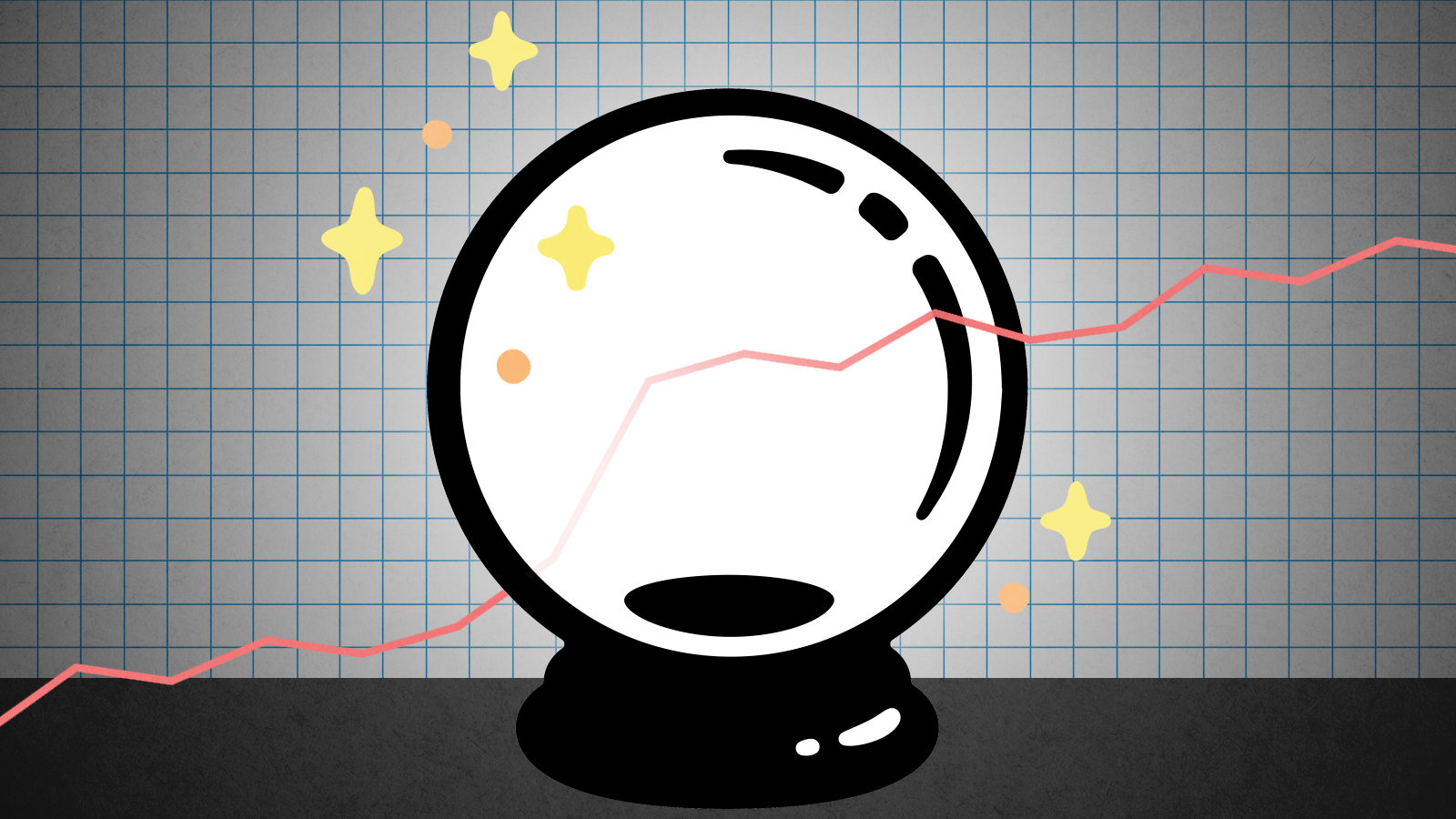 Where will inflation go next?
Where will inflation go next?The Explainer Believe it or not, inflation is easing up
-
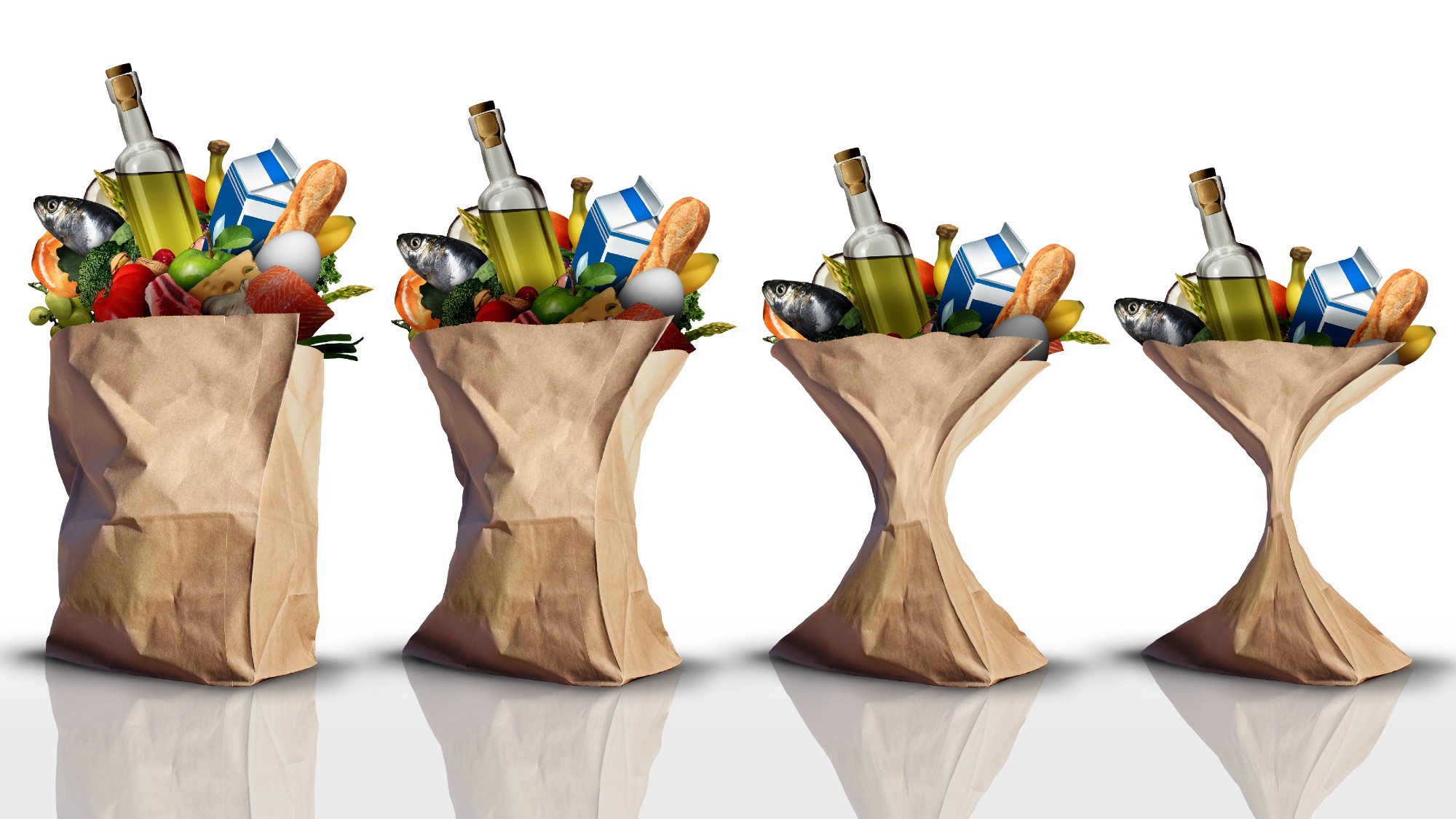 What is shrinkflation and why is it happening?
What is shrinkflation and why is it happening?The Explainer The practice reduces the size of a product without lowering the price — and it's perfectly legal
-
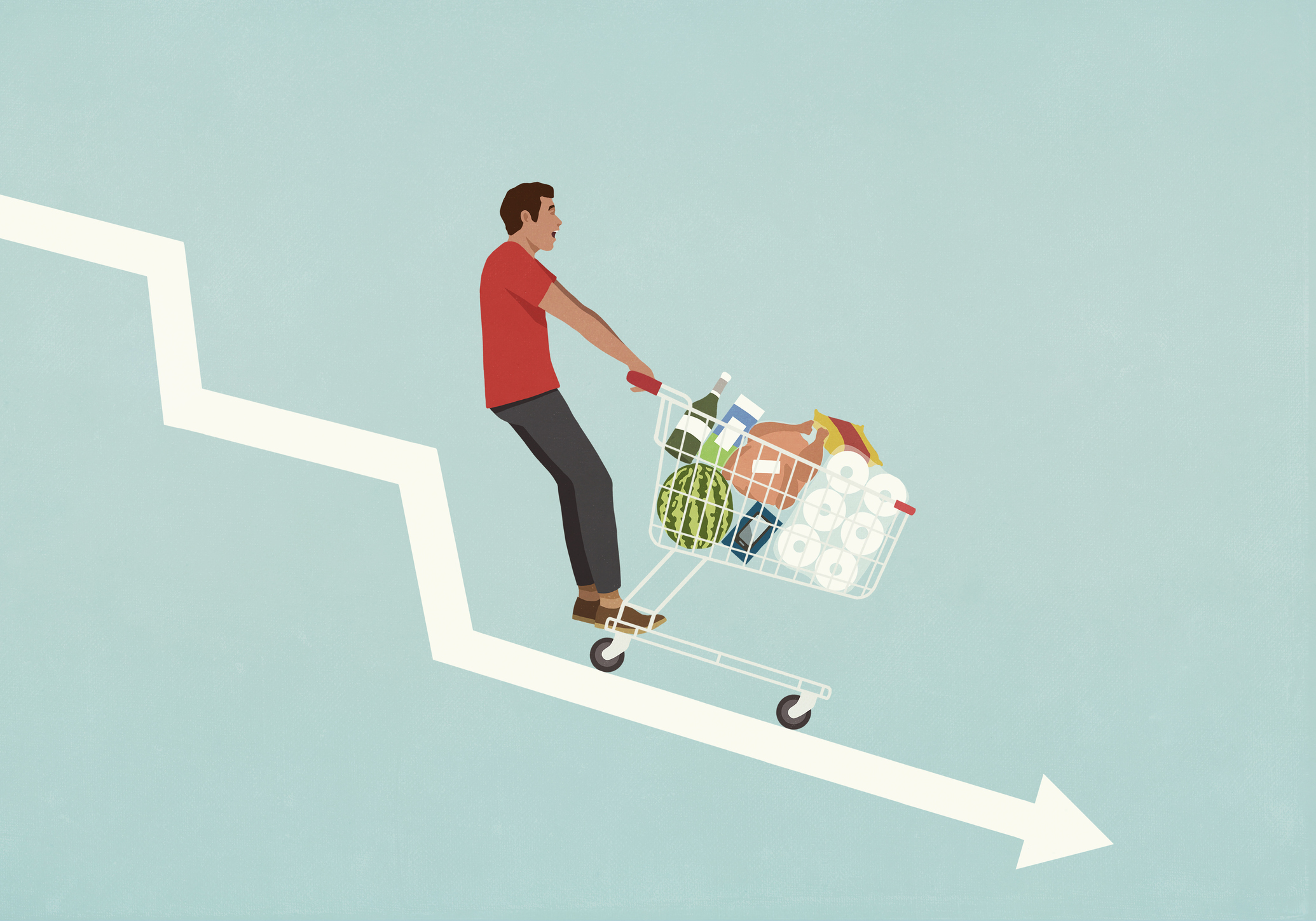 Prices are going down. Here's where you can see the difference.
Prices are going down. Here's where you can see the difference.The Explainer 'An era of price hikes is fading,' but that doesn't mean prices will all come down
-
 5 tips when retiring amid market volatility
5 tips when retiring amid market volatilityfeature In a turbulent market, diversification becomes especially important